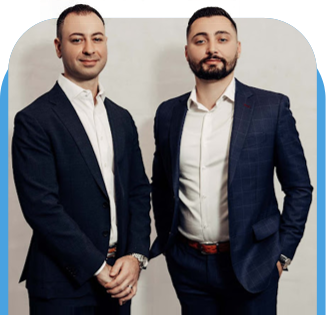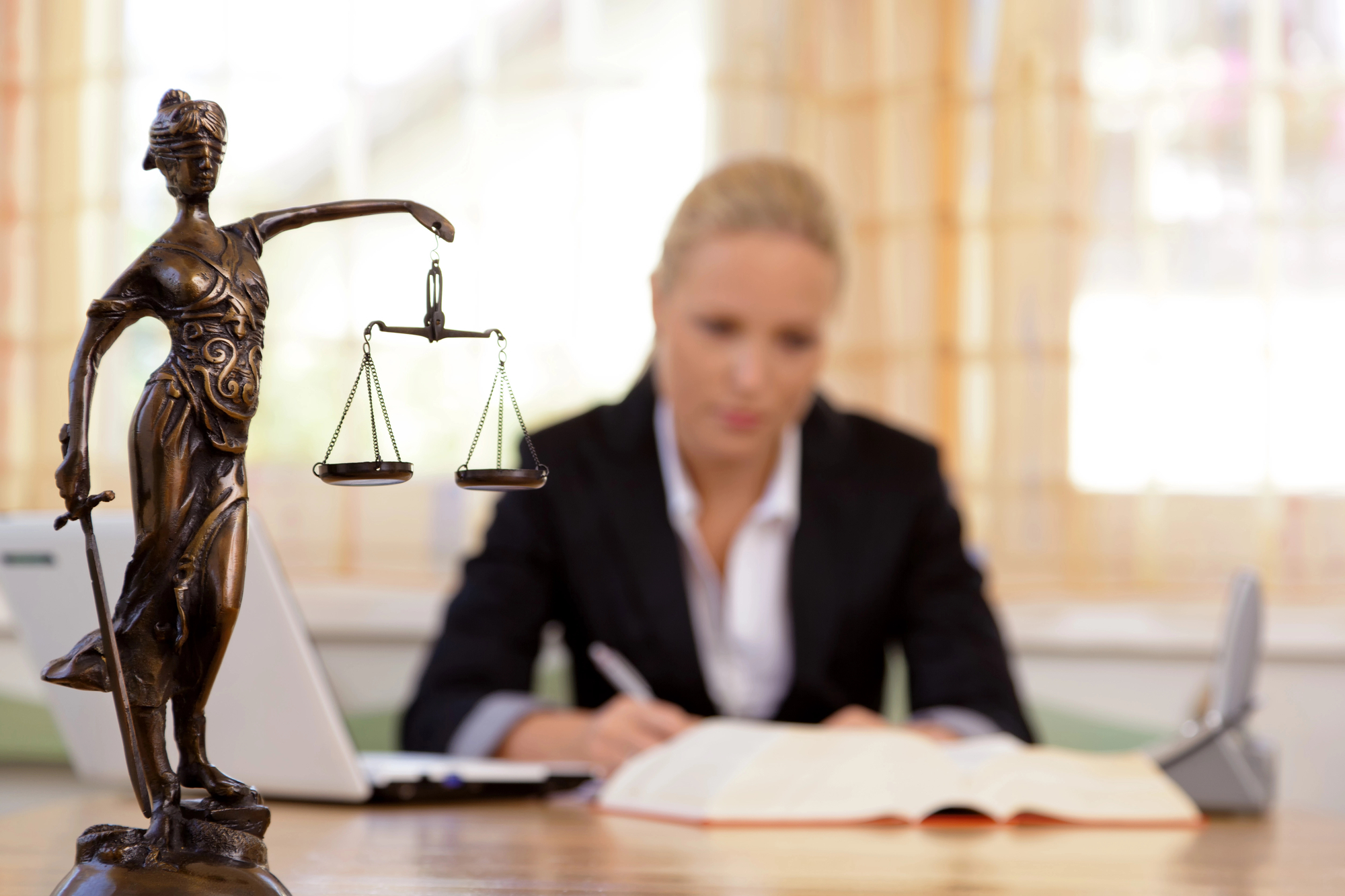Most entrepreneurs don’t have a team of in-house lawyers constantly around to help make every decision. Just as entrepreneurs need to know the basics of accounting and marketing, they also need to understand the basics of business law to avoid the penalties and potential failure that follows costly litigation.
This doesn’t mean you have to go back to school to earn your J.D., but as an entrepreneur, you should be ready and able to handle common legal situations. Litigation is a long and tedious process that can drag your company down, even if it’s the most promising startup. It is important to educate yourself on relevant laws so this doesn’t happen to you. Here are 4 areas of law every entrepreneur should know:
1. Vicarious Liability
Vicarious liability is the tort doctrine that imposes responsibility upon one person for the failure of another, with whom the person has a special relationship (such as parent and child, employer and employee, or owner of vehicle and driver), to exercise such care as a reasonably prudent person would use under similar circumstances.
Most employers understand they’re responsible when employees cause harm to themselves or others while on duty, working on company property and using company equipment. However, many employers are not aware that employers can actually be liable for harm caused by an employee if that employee caused harm within the scope of his or her job duties.
For example, if an employer asks his employee to drop something off at the post office after his work hours are completed and that employee causes an accident en route, even if he or she is driving their personal vehicle and not a company car, the employee could be liable for damages!
This may be a surprise to you, but it is a common situation, one that could have serious consequences for your business. An attorney can help you so you don’t find yourself on the wrong end of a vicarious liability summons and advise you on the importance of purchasing commercial general liability insurance policies like non-owned auto coverage, which covers employees at work and in personal vehicles.
2. Overtime rules
All entrepreneurs understand and accept that working long hours for little pay is the norm for a startup. However, employees who work more than 40 hours per week are entitled to overtime pay. An attempt to doge overtime pay by classifying employees as independent contractors is illegal and is a prey for wage and hour attorneys. It is crucial to classify your employees correctly. It may feel expensive now, but it is a lot cheaper than the litigation costs you would have to pay down the line.
3. Taxes: 1099 or W-2?
Do you set your worker’s schedule? How often does this person work for you? Who pays the costs related to work? Does the worker invest in his or her tools, or do you provide the necessary equipment, supplies, and infrastructure for the work? How is the worker paid? Does this worker make decisions that impact his or her own profit and losses? Is this person hired to work indefinitely, or for a specific project or time period?
From an employer’s perspective, it is often preferable to hire contractors and freelancers instead of employees in order to avoid paying benefits that employees are eligible for, as well as bonuses, stock options, and 401(k) plans.
The IRS has issued guidelines on the matter, saying, “If you have the right to control or direct not only what is to be done, but also how it is to be done, then your workers are most likely employees.” Meanwhile, “If you can direct or control only the result of the work done — and not the means and methods of accomplishing the result — then your workers are probably independent contractors.”
Determining worker status is a tricky business. Consulting with your tax or legal advisor is crucial to avoid penalties for misclassification.
4. Patents, copyrights and trademarks
After weeks of thinking, you have found the perfect logo, design, photo, or company name. But if any of those constitute someone else’s intellectual property, you may have to think again. Punishments for infringing intellectual property rights range from crippling monetary penalties to injunctions, both of which can be detrimental to your business.
Intellectual property law covers:
- Patents, which protect inventions
- Copyrights, which protect artistic creations
- Trademarks, which protect brands
Patents
Knowing what constitutes intellectual property may help, but often times it just isn’t enough. “Patent trolls” are people who register as many patents as they can, without manufacturing the products, and file frivolous lawsuits everywhere, against anyone. They attempt to enforce patent rights against accused infringers far by inflating the patent’s actual value. In these kinds of situations, retaining a lawyer can save your company thousands of dollars in the long run by defending you against baseless litigation, researching and filing patents and trademarks for you, and warning you about potential infringement issues.
Trademark
A strong trademark is extremely valuable. In the mind of a consumer, it becomes synonymous with the good or service it represents. For example, is a consumer sees the Apple logo, they automatically envision the iPhone or array of computers Apple produces. This is why trademarks must be protected from infringement.
Registering a trademark gives you the exclusive right to use a specific word or words, name, design, or logo in connection with specific goods or services. It is valid for 10 years and is renewable if certain requirements are met.
Before you register yours, you can check that you are not infringing on anyone else’s trademark and that your logo is not too similar to someone else’s by searching the intellectual property registry of the US Trademark Database. However, an intellectual property lawyer will have a better idea of what to search for by searching international registers or registers in other jurisdictions and the same trademark in multiple categories of goods. Furthermore, an attorney can you help you file your trademark application online using the Trademark Electronic Application System.
Copyright
Copyright relates to authorship of original works, including literary, dramatic, musical, artistic, architectural, and a broad range of other works.
Exceptions to copyright include:
- Product names
- Business/organization/group names
- Pseudonyms of individuals
- Titles of works
- Catchwords, catchphrases, mottoes, slogans, or short advertising expressions
- Listings of ingredients in recipes, labels, and formulas, however the directions can be copyrighted
If you created a product and later, you found all or part of your creation used elsewhere, without your permission, without name attached, this is infringement. However, it is not always a black-and-white issue. If the infringing work is similar to your creation, you have to prove that the alleged infringer had access to your work. Proving damages is also difficult because you need to prove how much the infringer made from your work. If your copyright is registered, you may be eligible for enhanced damages and attorneys fees. This is why it is important to have an attorney who will aid you in the variety of issue that may arise along the way.





